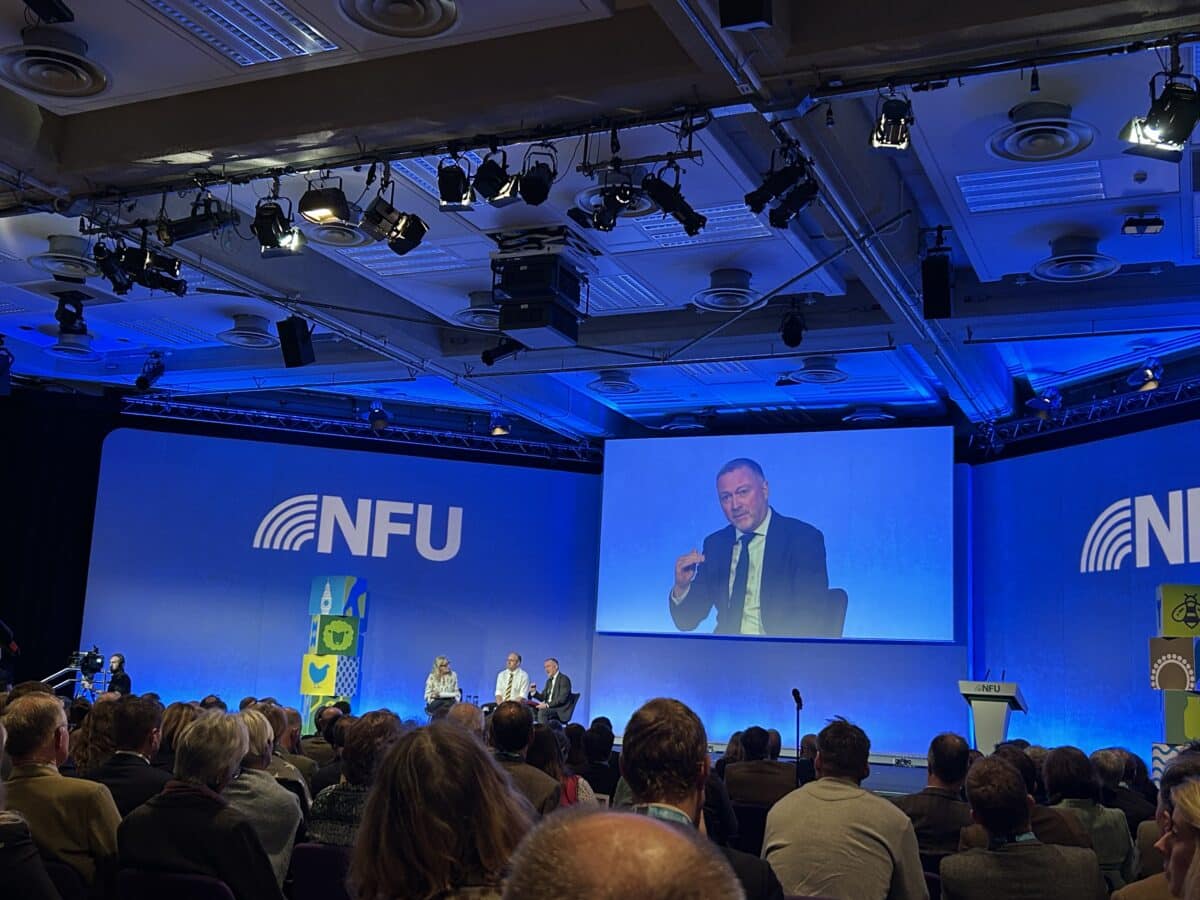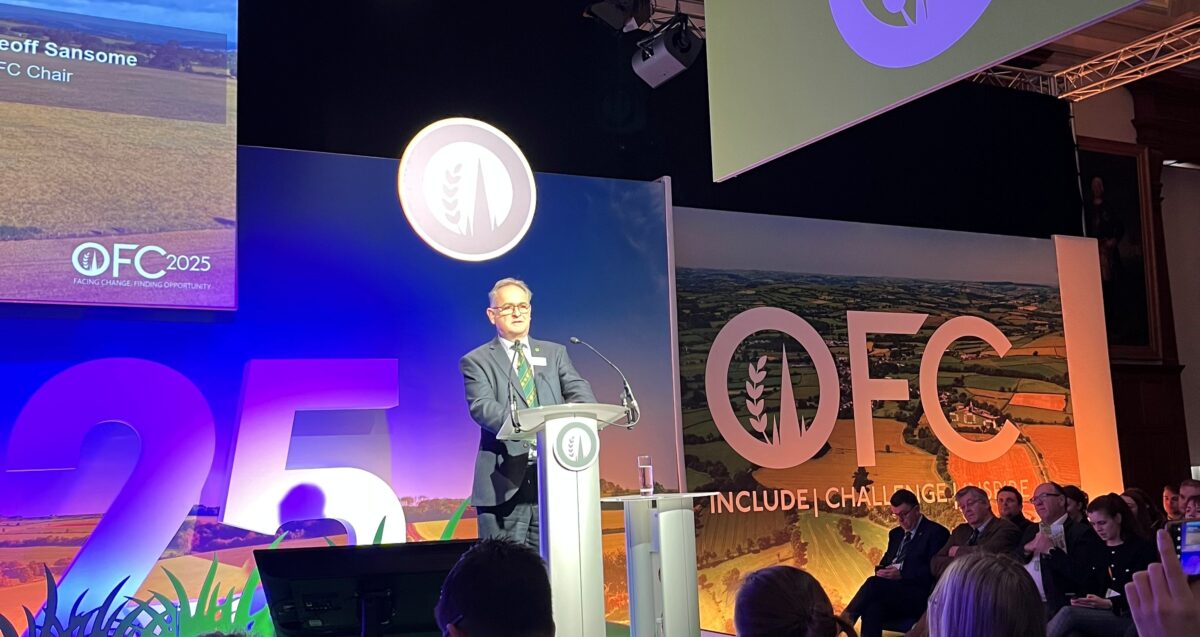The vegan movement has certainly had its fair share of voice and has been well documented in the industry as a risk to meat, poultry and dairy markets.
Yet, it’s perhaps not as destructive as perceptions would suggest. At the recent 2019 AHDB Consumer Insight Conference, it was reported that while 2% of consumers claim to be vegan, just 0.6% of consumers actually follow the diet.
With meat, fish, poultry and dairy markets all fairly stagnant, plant-based products are allowing retailers and food outlets to unlock growth. In fact, during the last 12 months, 7% of the menu at food service outlets has been vegan and 16% of all new food products in the UK have carried a vegan claim. Yet, just 14% of vegan meals are actually eaten by vegans!
Written by…

With 8% of the population claiming to be flexitarians, this is having the biggest effect on meat consumption – it’s meat reduction not avoidance which is the threat to markets.
And, with data suggesting that 13% of the population are looking to reduce their intakes of red meat and 15% looking to reduce dairy consumption – what’s driving this change?
An increasing driver appears to be health concerns which now account for a third of all food choices. Interestingly welfare has dropped and has been overtaken by environmental concerns. It appears that plastic usage is the number one concern and most likely to impact purchasing decisions – with 86% of consumers concerned with plastic usage. Yet the full extent of environmental concerns are still not clearly understood.
In reality, animal protein demand hasn’t changed but it has switched.
Undoubtably, white meat has overtaken red meat, as versatile proteins are considered more convenient and leaner.
However, data shows, as we all know, what consumers say they do and their actual purchase behaviour varies greatly, and ultimately price remains king, followed by convenience.
This has clearly been played out in primary beef losses, with roasting joints seeing considerable decline. The beef sector has lost 20 million kg in roasting joint sales in the last five years. But at £5.90 per kg more expensive than a whole bird chicken equivalent- is it surprising?

And with average mealtime preparation dropping from 60 minutes to 27 minutes in forty years – convenience is more important now than ever before.
Meal variety is shifting too, with traditional dishes falling by 2% and global food dishes increasing by 7%, thus further presenting challenges for beef, lamb and pork that don’t fit as well within these recipes.
There’s a lot of confusion in this space. While a minority of consumers are following strict vegan diets, around a quarter of consumers are regularly buyers of meat substitutes, and it appears due to multiple drivers it isn’t a trend that’s likely to disappear. As a result, we need to embrace plant-based foods alongside meat products and consider ‘combination products’ to fulfil the flexitarian diet.






















